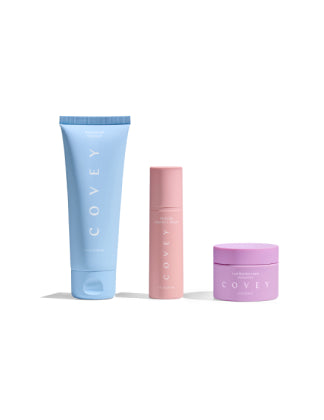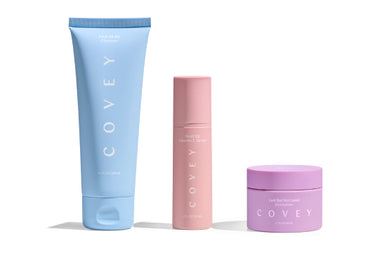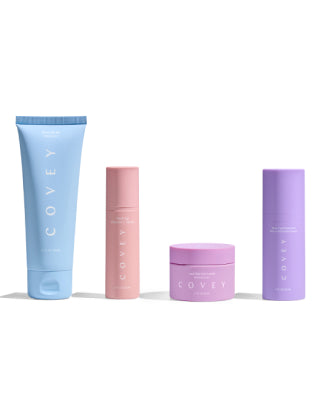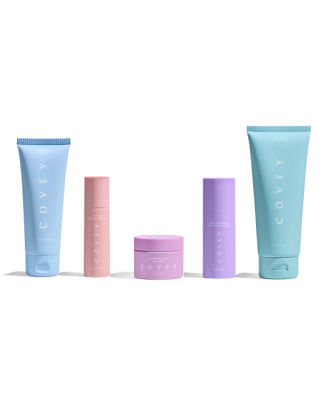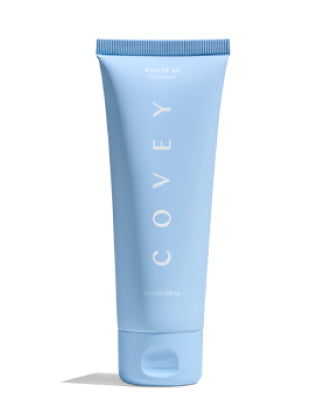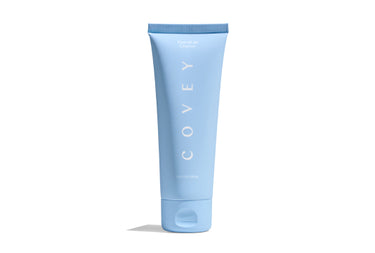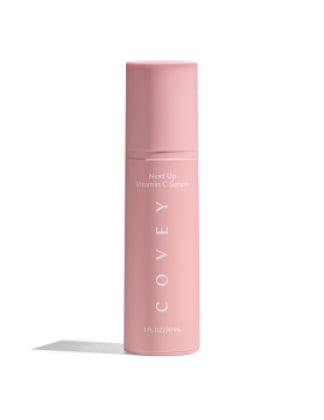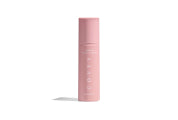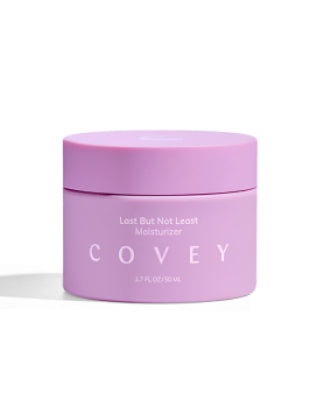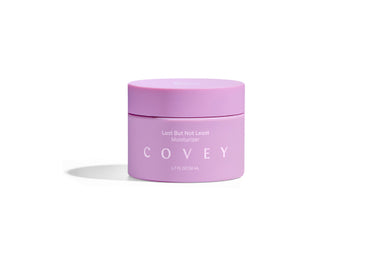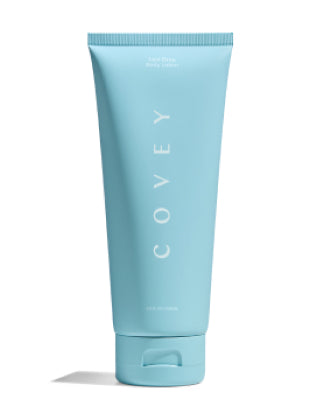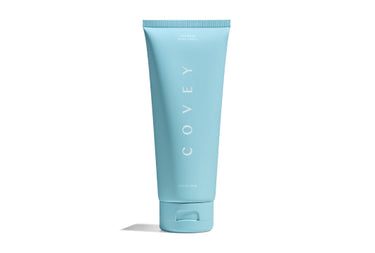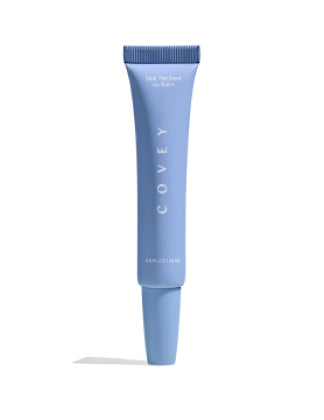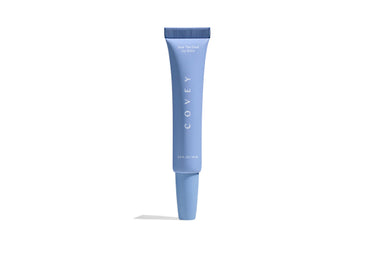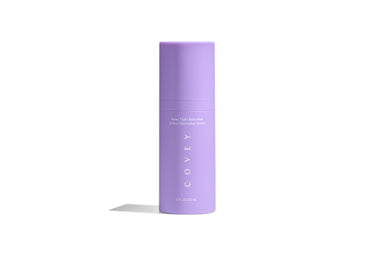
How Do I Choose the Right Antioxidant for My Skin Type?
Taking care of skin has turned many people into ameatuer scientists trying to understand how different ingredients work and how they affect unique skin types. Antioxidants are one of the most complicated ingredients to work with — they deal with something that isn’t visible, but has visible effects.
Luckily, Covey is here to help.
What do antioxidants do for skin?
You probably heard growing up that antioxidants are those things in fruit that prevent cancer — and now they’re in our skincare. But why? And how do they actually affect our skin?
In order to understand that, you should know what antioxidants do in our bodies. Free radicals — which sound like tiny sci-fi robots but are just unstable molecules — can cause cells to break apart, and antioxidants help keep our damaged cells band-aided up to prevent further breakdown.
Long story short, antioxidants prevent damage to our cells that can cause disease in general. In our skin, they prevent aging and inflammation. They can even help correct skin damage that has already occurred.
How to choose the best antioxidants for the skin
There are a lot of antioxidants out there, so how do you choose? The truth is, most skincare antioxidants are powerful ingredients, and it can be completely dependent upon what your skin goals are. Their benefits tend to overlap — but different antioxidants have different strengths.
Below, we go over some of the main antioxidants, grouped by their key benefits.
Antioxidants for increasing collagen and reducing wrinkles
Some antioxidants help boost collagen production, and collagen is the ingredient in our skin cells that keep them firm (read: looking youthful).- Vitamin C is one of the most powerful antioxidants for increasing collagen production. It’s also well-loved for its effect on fading dark spots. This popular antioxidant can be tricky to work with: it’s famously unstable (meaning if you buy an old jar, it could no longer be effective) and it can make your skin sensitive to the sun (meaning you always need to wear sunscreen).
- Ferulic Acid is good news for those who want to use Vitamin C — it boasts similar anti-aging benefits and is thought to help Vitamin C be more stable as well as increasing its anti-UV abilities. It’s also suitable for sensitive skin.
- Bakuchiol is growing in popularity as a more natural alternative to the above antioxidants, and an especially great option for those with the most sensitive skin. This superstar ingredient is much more gentle on the skin but can be just as powerful. It’s known for tackling fine lines and wrinkles while also being incredibly smoothing.
Antioxidants for treating acne
Antioxidants good at treating acne are focused on defeating toxins or calming inflammation.
- Vitamin A (known better as Retinol) is a gold-standard ingredient for many skincare fanatics due to its multi-purpose benefits. Different forms are better at different things, but it's frequently a first line of defense against acne. It also has smoothing effects on lines and wrinkles and reduces dark spots. It’s a bit more stable than Vitamin C, but it has more chances of side effects. Many people experience flakiness and redness using retinol products if they aren’t careful.
- Niacinamide is particularly potent for soothing inflammation. As a result, it can calm acne and even out texture and tone. It’s particularly popular because of its low chance of side effects and affordability — though some people do experience irritation, so still patch test the way you would with any new ingredient.
Antioxidants for UV damage
Antioxidants for UV damage can help reduce dark spots and restore skin barriers.
- Resveratrol is the antioxidant primarily found in grapes (as in — also the antioxidant in your red wine). Don’t go putting wine on your face, but in the right form, this antioxidant is particularly potent for helping to reverse sun damage. This ingredient is, however, somewhat unstable so be sure your brand has developed a solution for delivering a stable form.
- Vitamin E is known to be a particularly hydrating antioxidant — making it especially suited to restoring skin barriers and helping with UV damage. Along with Ferulic Acid, it’s considered a great companion for Vitamin C for enhanced skin benefits.
How do antioxidants interact with other ingredients?
One of the biggest mistakes when starting a new skincare ingredient is not understanding how it interacts with other ingredients in your arsenal or with any medications you take.
Antioxidants are powerful ingredients and therefore can have powerful negative effects, too, if used improperly.
For example, using vitamin C and vitamin A together can result in major irritation and destroy your skin barrier. Vitamin A can have bad interactions with blood-thinner medications. Be sure to understand the way your antioxidant interacts with other ingredients before beginning use.
If you’re feeling unsure about how to combine ingredients, check out Covey. Our skincare line is designed to prevent bad ingredient interactions. Our ingredients complement each other and make each other work even better.
There’s no one right answer
Only you can decide what antioxidant is best for you. Feel free to experiment, try new things, and see what works for your skin. Just make sure to go slowly and carefully — only try one new ingredient at a time, and give it a few months (unless you’re having an abnormal reaction) to work its magic before trying something new.


